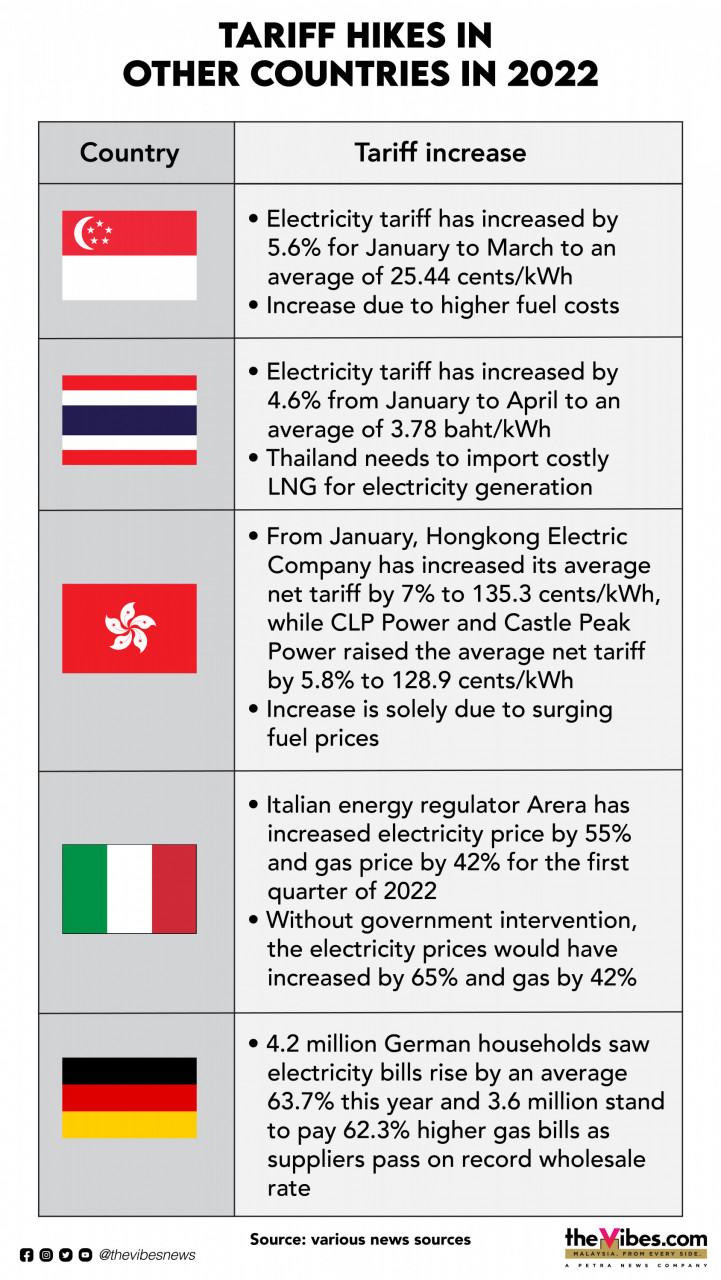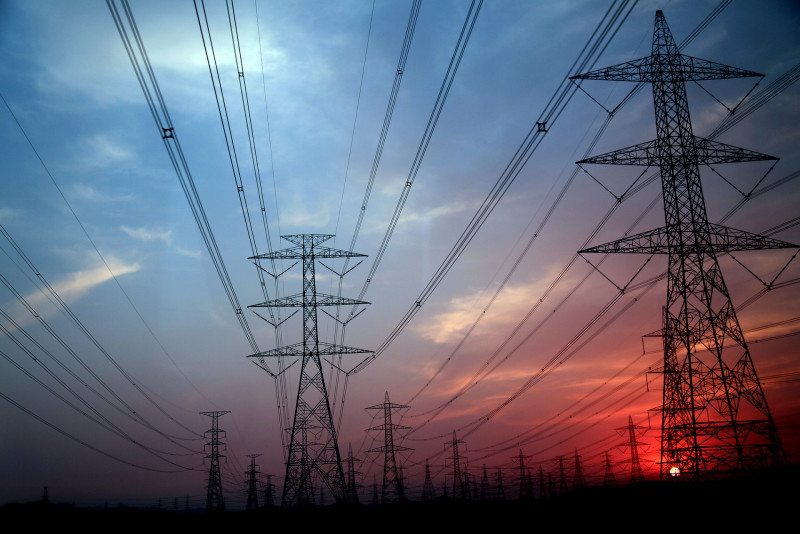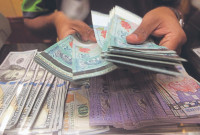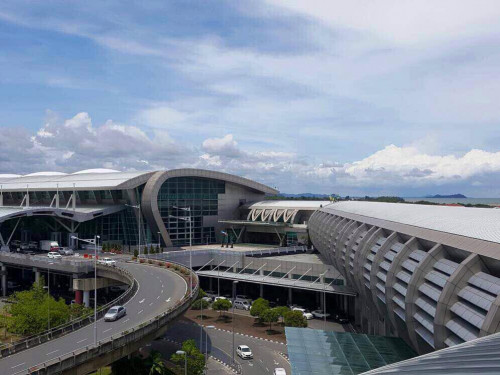KUALA LUMPUR – Some five million households are likely to be spared from an impending surcharge on electricity consumption that may come into effect next month.
According to a source familiar with the matter, it is understood that consumers with bills of less than RM77 per month, or with a monthly consumption of 300 kilowatt hour (kWh) and below, may not be subjected to the surcharge.
This pool of consumers, who are said to be mostly from the lower-income groups, is estimated to constitute about 70% of the 7.9 million of Tenaga Nasional Bhd’s (TNB) domestic consumer base.
The Vibes on Tuesday reported that domestic consumers are expected to be imposed a surcharge on their electricity bills next month due to rising fuel prices arising from the Russo-Ukrainian conflict, which began early this year.
Electricity regulators and power companies worldwide are experiencing difficulty in keeping rates at the current level, especially under the weight of rising fuel prices. Coal, for example, which powers almost half of Malaysia’s power generation needs, has gone up four-fold since the war.
For instance, the benchmark Newcastle coal prices hit a record high of US$440 (RM1,944.14) per tonne in early March, from US$67.50 previously, fueled by fears of a supply shortage as Western countries enforced sanctions on Russia’s financial system and energy products after the country’s attack on Ukraine.
It is understood that Putrajaya is mulling over the matter, especially on whether it would allow the cost to be passed on to consumers. A cabinet paper on the surcharge issue was said to have been made available at Wednesday’s ministerial meeting.
There is an Imbalance Cost Pass-Through (ICPT) formula, which is reviewed every six months, where the cost of fuel could be translated into the final consumers’ bills. The next ICPT review is due next month.

While surcharge has been applied to commercial users, this is the first time it would be implemented for domestic consumers. The quantum of the surcharge would be decided by the Energy Commission (EC). All this while, consumers have been getting rebates.
The hike is expected to be implemented in July and it will affect 30% of household consumers and that is equivalent to 2.37 million consumers.
“Essentially, those paying above RM77 per month in their monthly bills will be affected,” the source said.
The government decided in January that the tariff remains at 39.45 sen/kWh, and domestic consumers would continue to enjoy a rebate of 2 sen/kWh without any surcharge.
The EC in January said the government had utilised available funds amounting to RM715 million from KumpulanWang Industri Elektrik, made up of cess-like contributions from power players, to maintain the current rebate for domestic users.
According to TNB’s website, the ICPT mechanism under the Incentive-based Regulation (IBR) framework allows TNB to reflect changes, either an increase or a reduction, in fuel and other generation-related costs in the electricity tariff every six months.
Through the ICPT mechanism, the government stipulates that in the case of a drop in global fuel prices and generation costs, the savings will be returned to the people in the form of an ICPT rebate, and in the event of an increase in fuel and generation costs, the extra costs will be channelled as an ICPT surcharge.
Other countries raising tariffs, too
Evidently, the higher fuel cost had also led other governments and regulators all over the world to review their electricity prices to reflect fuel costs.
For instance, in Singapore, its electricity tariff has increased by 23% from 20.76 cents/kWh in the first quarter of 2021 to 25.44 cents/kWh in the same quarter this year due to higher fuel costs. From January to March this year, its tariff rose 5.6% to an average of 25.44 cents/kWh.
Thailand increased its electricity tariff by 4.6% from January to April to an average of 3.78 baht/kWh as the country needs to import costly liquefied natural gas for electricity generation.

In Hong Kong, both its power companies have increased the average net tariff beginning January 1 this year as well.
Hongkong Electric Company increased its average net tariff by 7% to 135.3 cents/kWh, while CLP Power and Castle Peak Power raised the average net tariff by 5.8% to 128.9 cents/kWh.
Other European countries have also increased their electricity prices, with Italian energy regulator Arera raising electricity prices by 55% and gas prices by 42% for the first quarter of 2022.
According to independent research and consulting firm Enerdata, the electricity prices in Italy would have increased by 65% and gas by 42% if there was no government intervention which cancelled general charges and reduced VAT rates on gas bills for 35 million domestic customers, and enhanced social bonuses, as well as the possibility of paying in installments for families in difficulty.
In Germany, 4.2 million households saw electricity bills rise by an average 63.7% this year, and 3.6 million stand to pay 63.3% higher gas bills as suppliers pass on record wholesale rates. – The Vibes, June 16, 2022






















_visiting_the_Penans_of_remote_Belaga_district_in_central_Sarawak._Pic_by_Harry_Wing.jpg)



